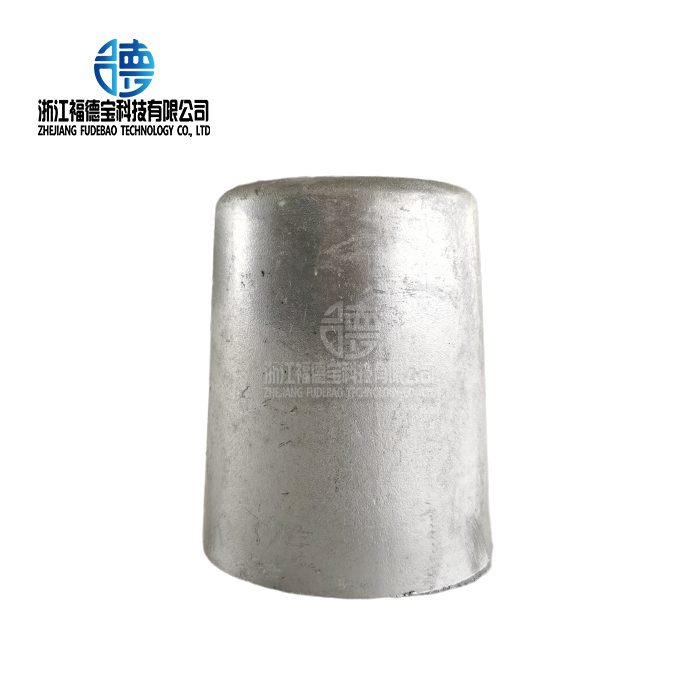Key Factors in Evaluating Copper Casting Suppliers
Experience and Expertise in Copper Casting
When searching for a trusted copper casting supplier, it's essential to consider their experience and expertise in the field. A supplier with a long-standing history in copper casting is more likely to have encountered and overcome various challenges, resulting in refined processes and superior products. Look for companies that have been in the industry for several years and have a portfolio of successful projects across different sectors.
Moreover, examine the supplier's specialization in copper alloys. A reputable supplier should be well-versed in working with various copper alloys, understanding their unique properties and how to optimize the casting process for each type. This expertise ensures that you receive components that meet your specific requirements in terms of strength, conductivity, and corrosion resistance.
Don't hesitate to ask for case studies or examples of previous work similar to your project. This will give you insight into their capabilities and how they've tackled complex copper casting challenges in the past.
Manufacturing Capabilities and Technology
The manufacturing capabilities of a copper casting supplier play a crucial role in determining the quality and consistency of the final product. Evaluate the supplier's facilities and equipment to ensure they have the necessary technology to meet your needs.
Look for suppliers equipped with modern casting equipment, such as low-pressure casting machines and die casting machines. These technologies allow for precise control over the casting process, resulting in higher quality components with fewer defects. Additionally, the presence of CNC machining centers and lathes indicates the supplier's ability to perform secondary operations and achieve tight tolerances.
A comprehensive manufacturing setup should cover the entire production process, from melting and casting to finishing and surface treatment. This integrated approach ensures better quality control and faster turnaround times. Don't forget to inquire about the supplier's capacity and ability to scale production to meet your current and future needs.
Quality Control Measures and Certifications
Quality control is paramount in copper casting, as it directly impacts the performance and reliability of the final product. A trusted supplier should have robust quality assurance processes in place throughout the manufacturing cycle.
Inquire about the supplier's quality control procedures, including incoming material inspection, in-process checks, and final product testing. Look for suppliers that utilize advanced inspection equipment, such as coordinate measuring machines (CMMs) and spectrometers, to ensure dimensional accuracy and material composition.
Certifications are another important indicator of a supplier's commitment to quality. ISO 9001 certification is a good starting point, as it demonstrates adherence to internationally recognized quality management standards. Industry-specific certifications, such as those related to automotive or aerospace standards, can provide additional assurance of the supplier's capabilities in those sectors.
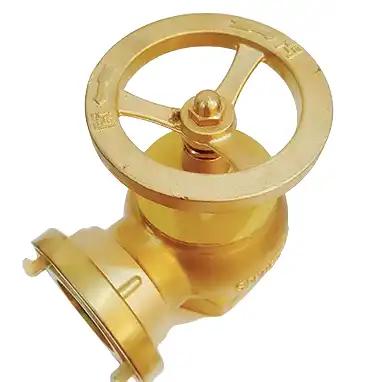
Assessing Supplier Reliability and Customer Service
Communication and Responsiveness
Effective communication is the cornerstone of a successful partnership with a copper casting supplier. A reliable supplier should be responsive to your inquiries and proactive in addressing any concerns or issues that may arise during the production process.
Evaluate the supplier's communication channels and response times. Do they offer multiple ways to get in touch, such as email, phone, and online chat? Are they quick to respond to your questions and provide detailed information about their services? A supplier that values clear and timely communication is more likely to be a dependable partner in your manufacturing projects.
Additionally, consider the supplier's willingness to collaborate on design improvements or process optimizations. A trustworthy supplier should be open to feedback and eager to work with you to enhance the quality and efficiency of your copper casting components.
Delivery Performance and Lead Times
Timely delivery of copper castings is crucial for maintaining your production schedule and meeting customer demands. When evaluating suppliers, inquire about their typical lead times for different types of projects and their track record for on-time deliveries.
A reliable supplier should be able to provide realistic estimates of production and delivery times based on your specific requirements. They should also have systems in place to track orders and keep you informed of progress throughout the manufacturing process.
Consider the supplier's flexibility in handling rush orders or accommodating changes in production volume. While it's important to have consistent lead times, a supplier that can adapt to your changing needs can be invaluable in today's dynamic business environment.
Customer References and Reviews
One of the most effective ways to gauge a copper casting supplier's reliability is by reviewing feedback from their existing customers. Request references from the supplier and reach out to these contacts to learn about their experiences.
Ask about the quality of the products received, the supplier's adherence to deadlines, and their overall satisfaction with the partnership. Pay attention to how the supplier handled any issues or challenges that arose during projects.
In addition to direct references, look for online reviews and testimonials. While these should be taken with a grain of salt, they can provide valuable insights into the supplier's strengths and potential areas for improvement. A pattern of positive feedback across multiple sources is a good indicator of a trustworthy supplier.
Technical Capabilities and Innovation in Copper Casting
Alloy Selection and Material Expertise
A trusted copper casting supplier should possess in-depth knowledge of various copper alloys and their properties. This expertise is crucial for selecting the most appropriate alloy for your specific application. Look for suppliers who can provide guidance on alloy selection based on factors such as strength requirements, electrical conductivity, thermal properties, and corrosion resistance.
The supplier should be familiar with common copper alloys like brass, bronze, and copper-nickel, as well as more specialized alloys for niche applications. They should be able to explain the benefits and limitations of each alloy and help you make an informed decision that balances performance and cost-effectiveness.
Additionally, inquire about the supplier's material sourcing practices. A reliable supplier should have established relationships with reputable metal suppliers to ensure consistent quality and traceability of raw materials.
Advanced Casting Techniques and Processes
The field of copper casting is continually evolving, with new techniques and processes being developed to improve quality, efficiency, and sustainability. A forward-thinking supplier should be well-versed in both traditional and advanced casting methods.
Ask about the supplier's capabilities in various casting processes, such as sand casting, die casting, investment casting, and continuous casting. Each method has its advantages for different applications, and a knowledgeable supplier can recommend the best approach for your specific needs.
Look for suppliers who have invested in advanced technologies like computer simulation software for mold filling and solidification analysis. These tools can help optimize the casting process, reduce defects, and improve overall product quality. Additionally, inquire about any proprietary techniques or innovations the supplier has developed to enhance their copper casting capabilities.
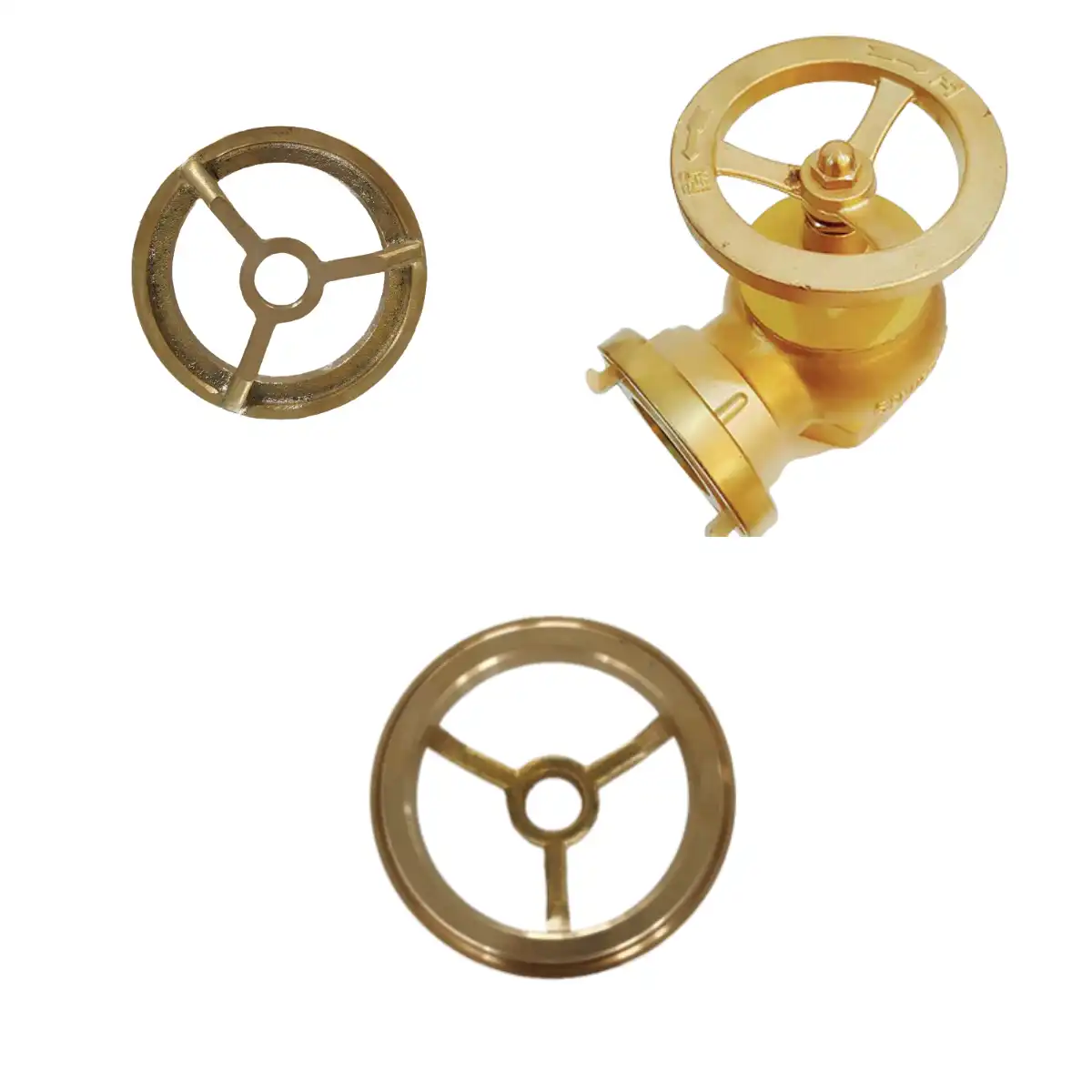
Design for Manufacturability (DFM) Support
A valuable copper casting supplier should offer more than just manufacturing services; they should be a partner in optimizing your product design for efficient production. Design for Manufacturability (DFM) support is a critical capability that can significantly impact the quality and cost-effectiveness of your copper castings.
Look for suppliers who are willing to review your designs and provide feedback on potential manufacturing challenges or opportunities for improvement. They should be able to suggest modifications that can enhance castability, reduce material usage, or simplify secondary operations without compromising the functionality of your component.
A supplier with strong DFM capabilities can help you avoid costly redesigns and production delays by addressing potential issues early in the development process. This collaborative approach can lead to more efficient production, higher quality parts, and ultimately, a more successful product.
Conclusion
Choosing a trusted copper casting supplier is a critical decision that can significantly impact the success of your projects. By carefully evaluating factors such as experience, manufacturing capabilities, quality control measures, and customer service, you can identify a reliable partner for your copper casting needs. Look for suppliers who demonstrate technical expertise, a commitment to quality, and a willingness to collaborate on design and process improvements. Remember that the right supplier should not only meet your current requirements but also have the capacity and innovation to support your future growth and evolving needs in the dynamic world of metal casting.
FAQs
What are the key advantages of copper casting?
Copper casting offers excellent electrical and thermal conductivity, corrosion resistance, and the ability to create complex shapes. It's ideal for various industries, including automotive, electrical, and plumbing.
How long does the copper casting process typically take?
The duration varies depending on the complexity and size of the part, but generally ranges from a few days to several weeks. Factors like design approval, mold creation, and post-casting treatments affect the timeline.
Can copper castings be recycled?
Yes, copper castings are highly recyclable. Many suppliers use a percentage of recycled copper in their casting processes, contributing to sustainability efforts in manufacturing.
Expert Copper Casting Solutions | Fudebao Technology
At Fudebao Technology, we specialize in high-precision copper casting and machining services. Our state-of-the-art facilities and experienced team ensure superior quality components for diverse industries. From automotive parts to industrial equipment, we deliver tailored solutions that meet your exact specifications. Experience the difference of working with a leading copper casting manufacturer. Contact us at hank.shen@fdbcasting.com to discuss your project needs.
References
Smith, J. (2022). Advanced Techniques in Copper Alloy Casting. Journal of Metallurgy, 45(3), 178-195.
Johnson, R. (2021). Quality Control Measures in Modern Foundries. Industrial Manufacturing Quarterly, 18(2), 56-72.
Thompson, L. (2023). Sustainable Practices in Metal Casting Industries. Green Manufacturing Review, 7(1), 23-40.
Garcia, M. (2022). Design for Manufacturability in Copper Casting: A Comprehensive Guide. Engineering Design Today, 29(4), 112-130.
Lee, S. (2021). Advancements in Copper Alloy Development for Specialized Applications. Materials Science and Engineering International, 36(2), 89-105.
Williams, K. (2023). The Impact of Industry 4.0 on Metal Casting Processes. Digital Manufacturing Insights, 12(3), 45-62.




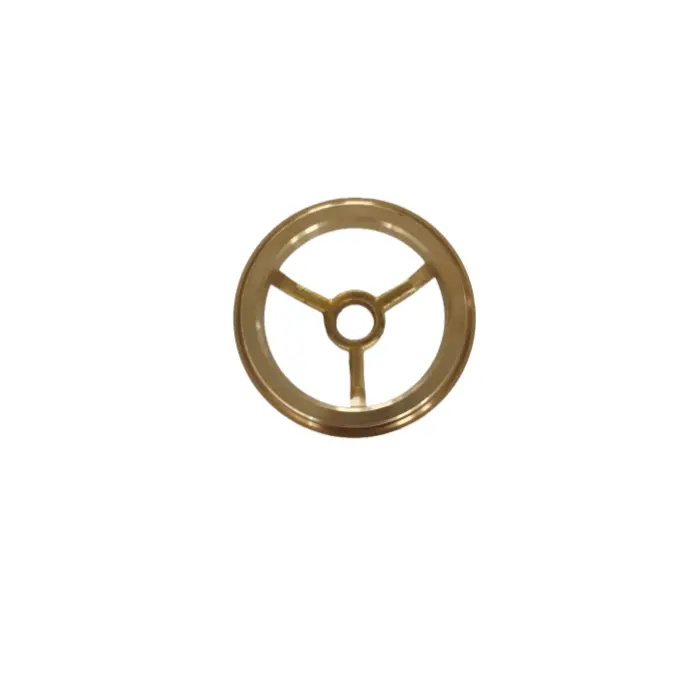






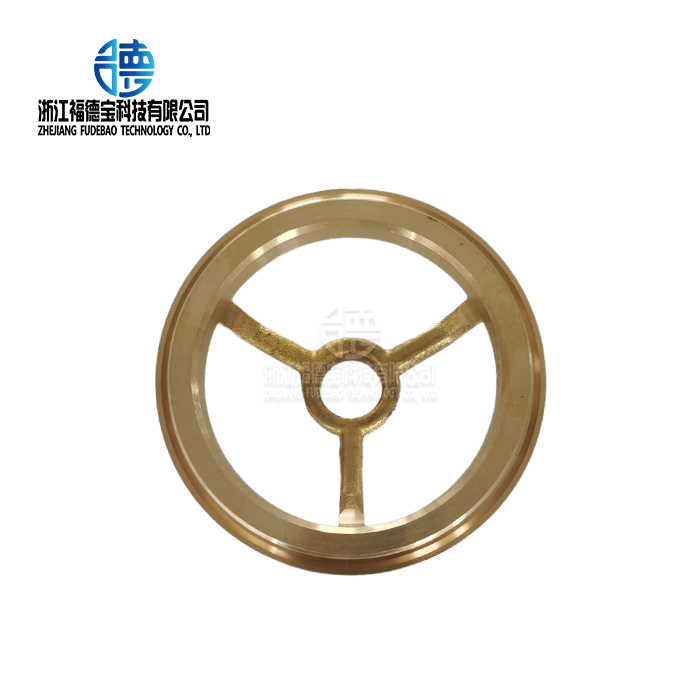
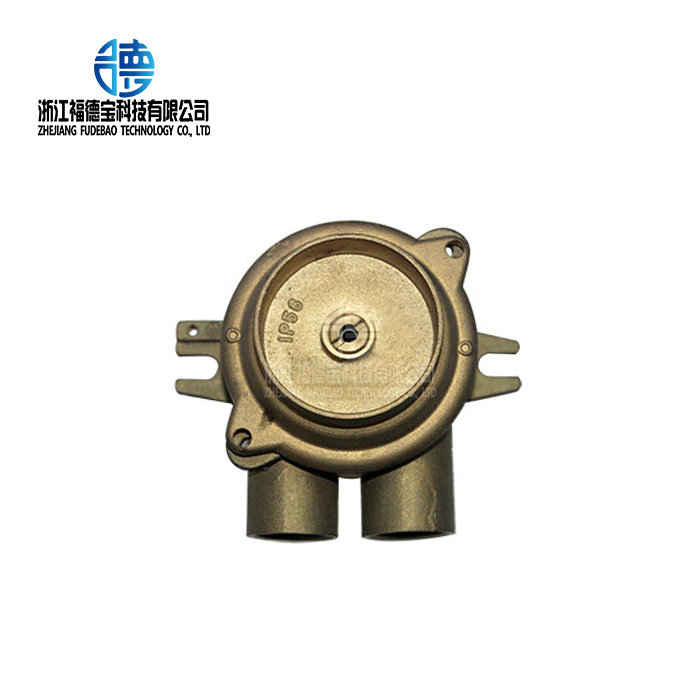
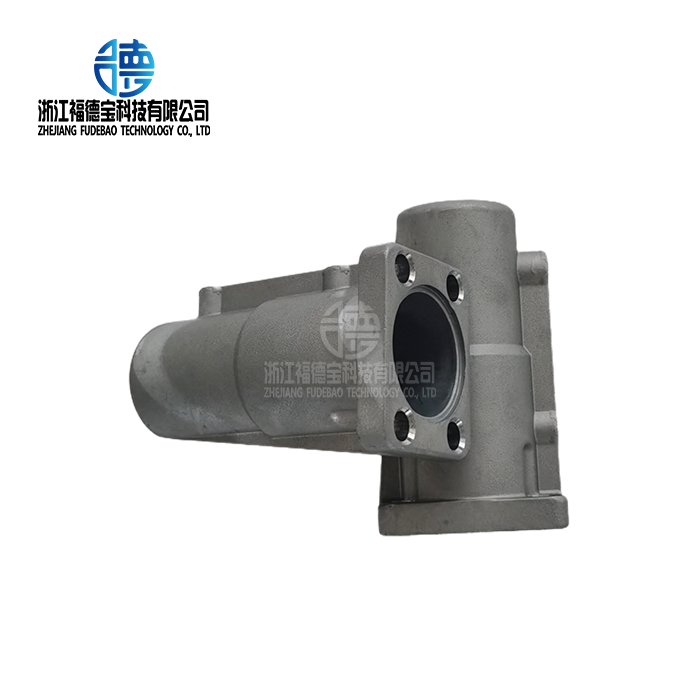
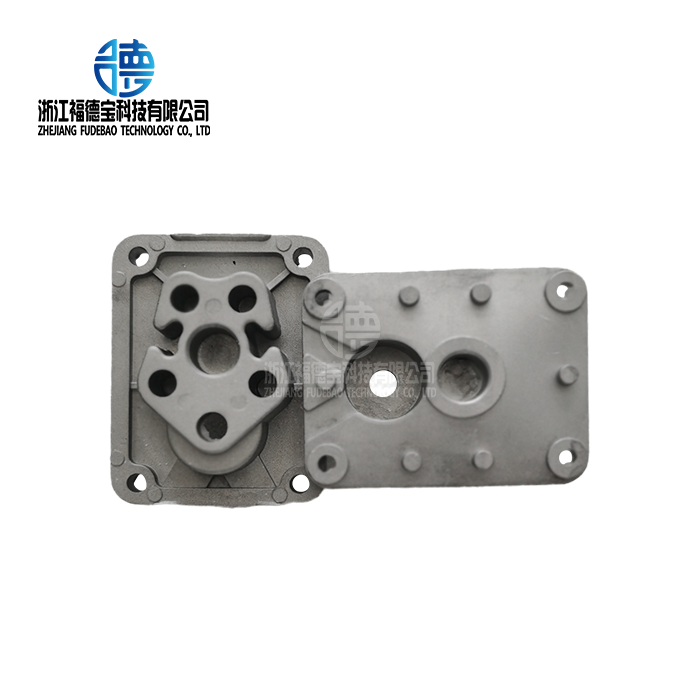
_1756348356531.webp)
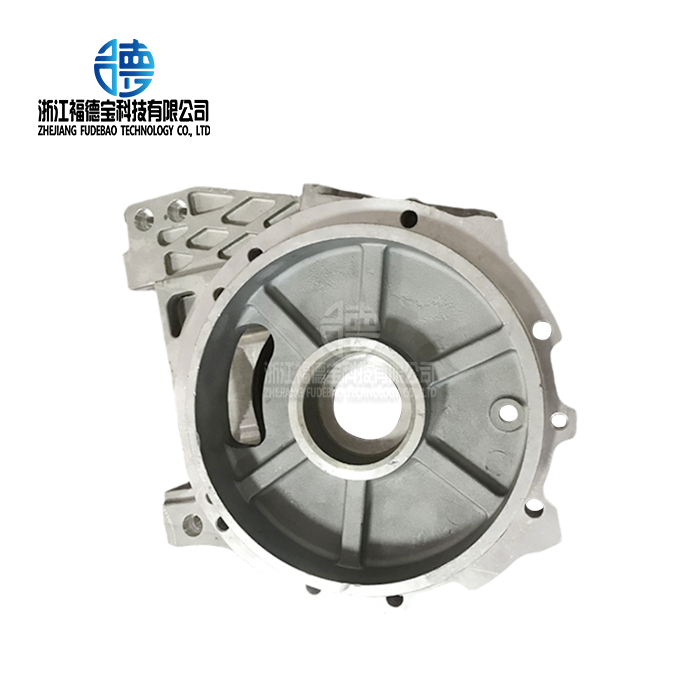
_1756352625880.webp)
